Overnighters to a lot of anglers, may seem like a lot of hard work – having to set up and pack down again in the morning to go to work, but if you put the effort in you certainly can be rewarded. Now I know as anglers when we get the fishing bug, we just want to go all of the time and for most of us hard working citizens in this country – the weekend is only real opportunity to wet a line due to other commitments and long working days.
For me personally though, I do enjoy the odd weekends fishing from time to time, but nowadays I prefer to fish a couple of overnighters during the week when the lake is so much quieter with anglers meaning more choice of swims and less pressure on the fish, equaling more chance of the fish feeding.
I will say the lakes I am doing my overnighters on generally tend to be low stocked big gravel pits, where I won’t be up all night getting run after run. Whereas on a runs water you could be up every hour through the night resulting in you being very exhausted for work the next day, which may not be too good. I would always take that into consideration when thinking about doing an overnighter before work the next day.
Either way, doing overnighters isn’t easy by any means and can catch make you very tired as the week goes on, you certainly need to have the minerals to do so. I think they are well worth doing though and if you are enthusiastic enough you could see your catch results improve considerably.
Here are my Top 5 Tips
Tip 1 : Location – By far this is the most important, whether doing an overnighter or not, making sure you have located the fish and ensuring you are fishing the right area of a lake or river can invariably be the deciding factor between catching and blanking. Talking to anglers, keeping a close eye on the weather conditions and religiously watching the water will give you the best chance of locating the fish.
Tip 2 : Preparation – When doing an overnighter you tend to have a limited time fishing so being prepared is crucial. It’s no good turning up on to your chosen water with no rigs tied or anything else ready, then deciding to walk round for a bit, chatting to other anglers and before you know it, the light is fading making it more difficult to position your rods accurately. Also through the night if you have a bite and you have to tie another rig at let’s say 3am, it could take you some time, when really what you need to do is, get the pictures done with the fish if you decide to photograph your capture and then get the rod back out as soon as possible and jump straight back in your bag for some more sleep.
Tip 3 : Motivation – For me this is a key factor when fishing overnighters – you must have lots of motivation and enthusiasm. You must really want to do it and have the drive that is needed to do so. As we all know effort = reward! Be keen, get sorted, get angling and put fish on the bank.
Tip 4 : Travel Light – Travelling as light as possible is important. Scale down all of your fishing gear to the bare minimal items needed. The last thing you want to do is turn up for a quick nights fishing and taking everything you own and the kitchen sink. This will certainly make your trip not only more hard work, but will make the idea of doing an overnighter more of a chore than enjoyment. Travelling as light as possible will enable you to set up really quickly, but more importantly, when having to quickly pack down in the morning, the task will become a much quicker and easier job to do.
Tip 5 : Map It Out – To maximize your fishing time during an overnighter, you don’t want to be casting for hours finding spots as this could ruin your chances during the short time you have. I would suggest printing an overhead map of the lake you are targeting and venture down prior to your session to have lead around and find some nice areas to fish on. For each spot line up to an object on the skyline in the distance and measure the distance on your wrapping sticks. Take a note of this on your map and carrying on building this information as you go, then when you arrive in future all you have to do is measure up and cast out first time, confidently knowing you’re on the spots each and every time.


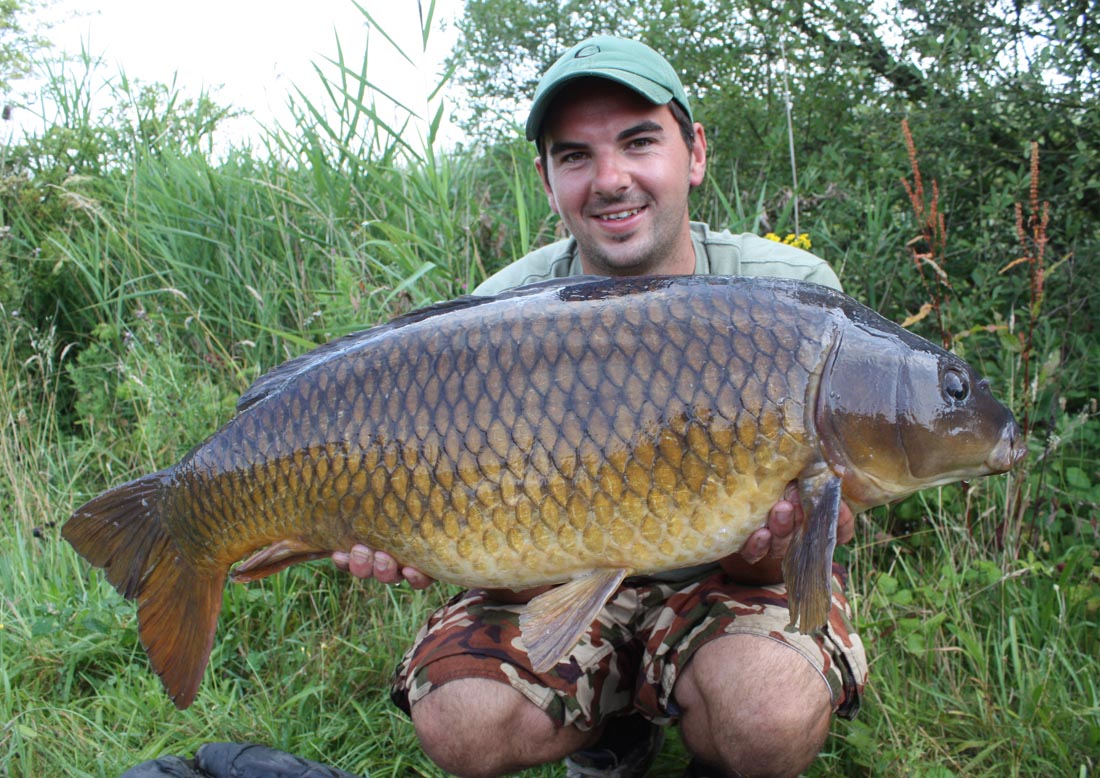
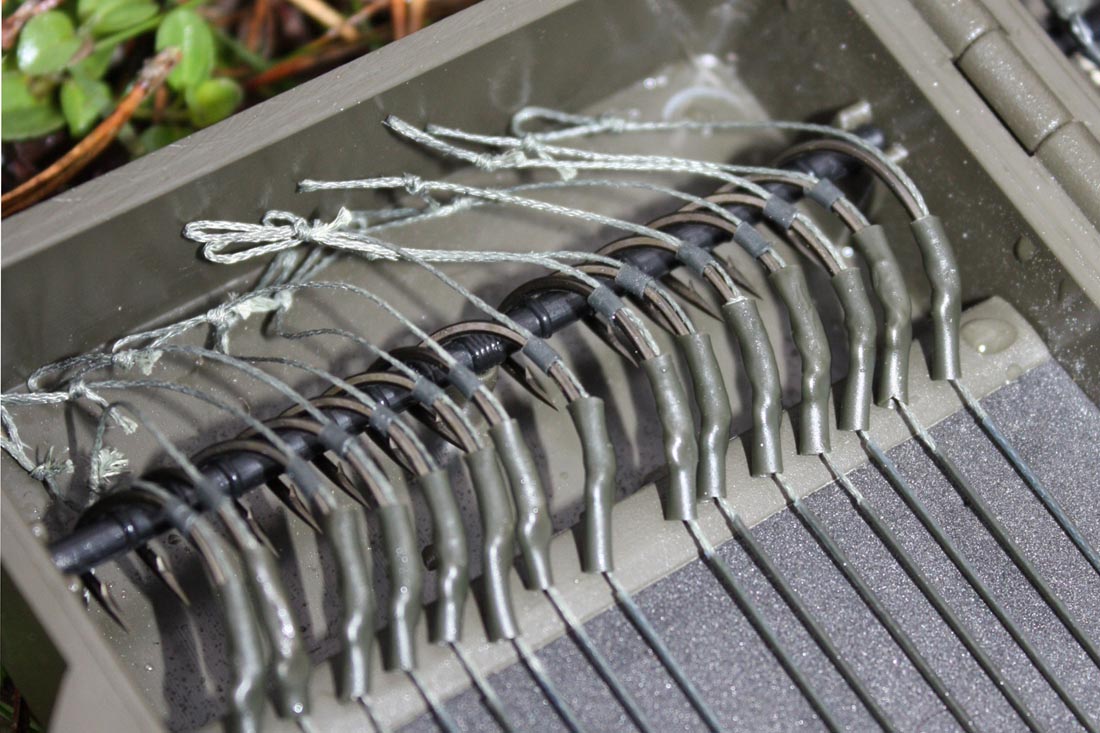
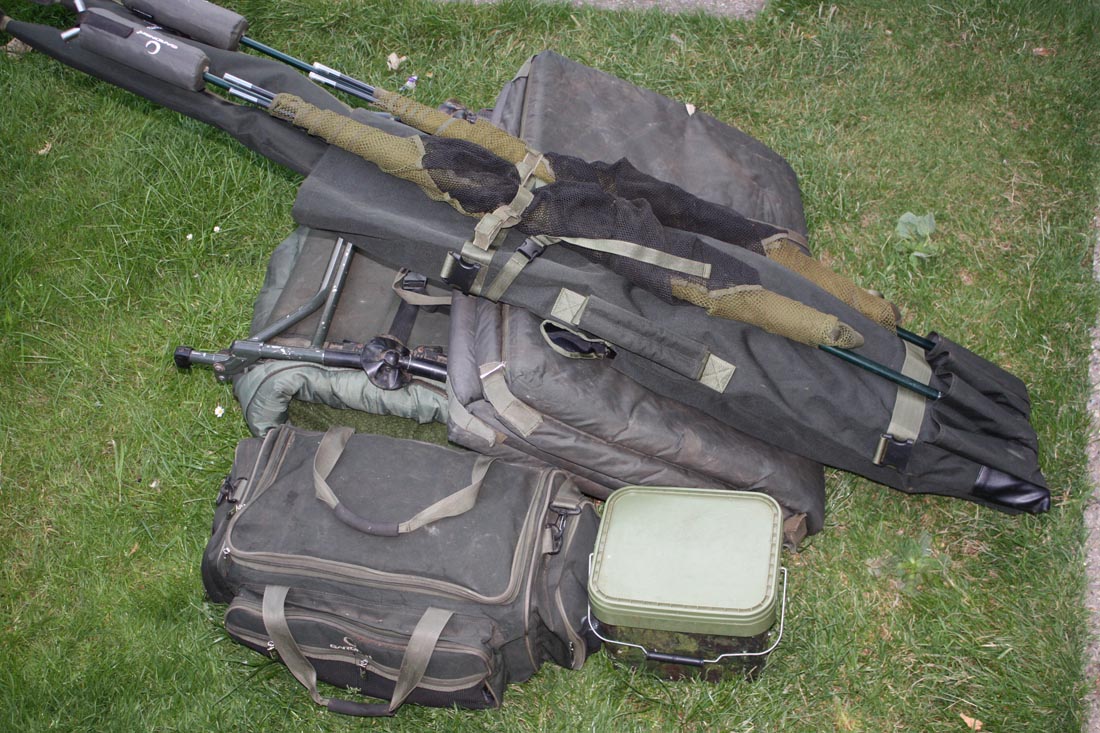
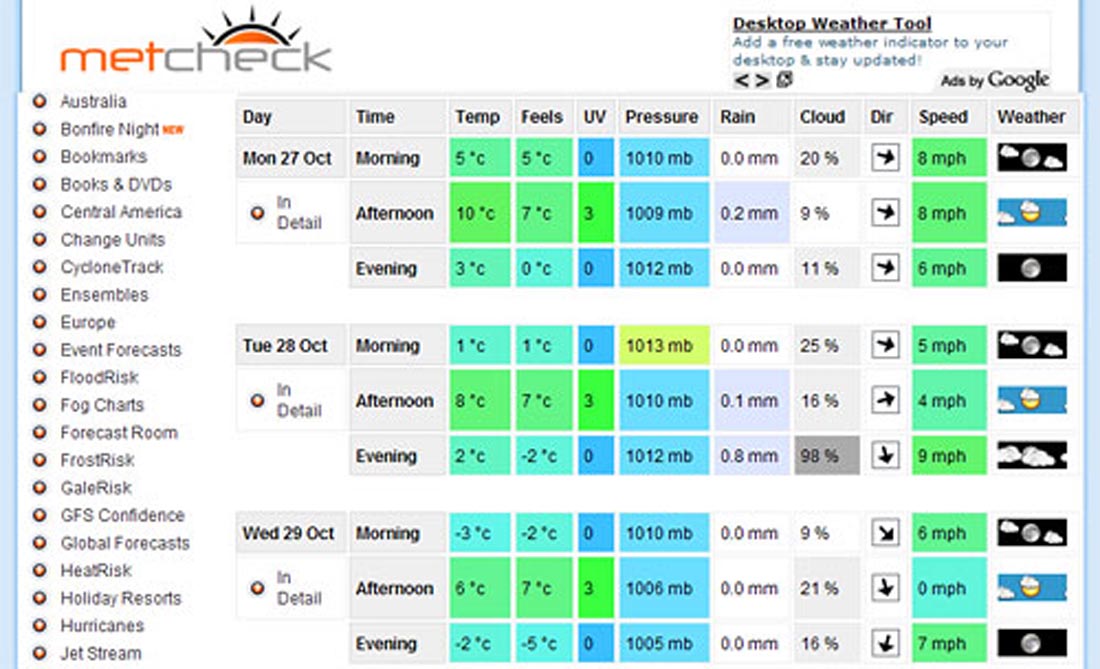
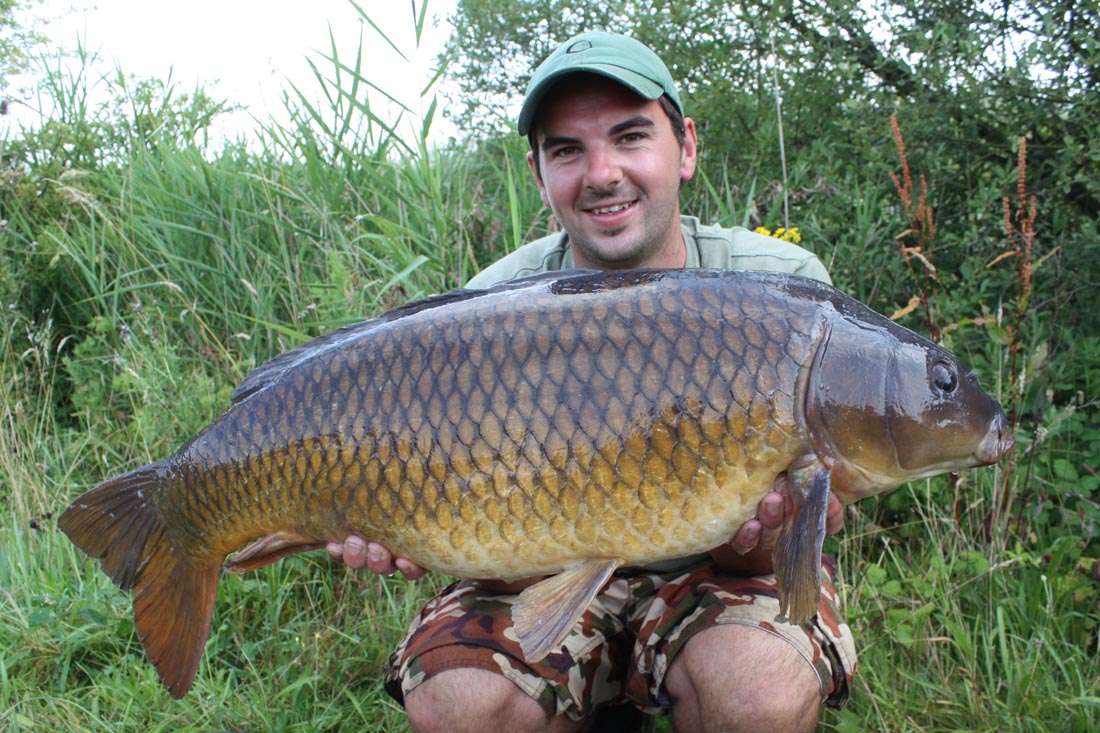
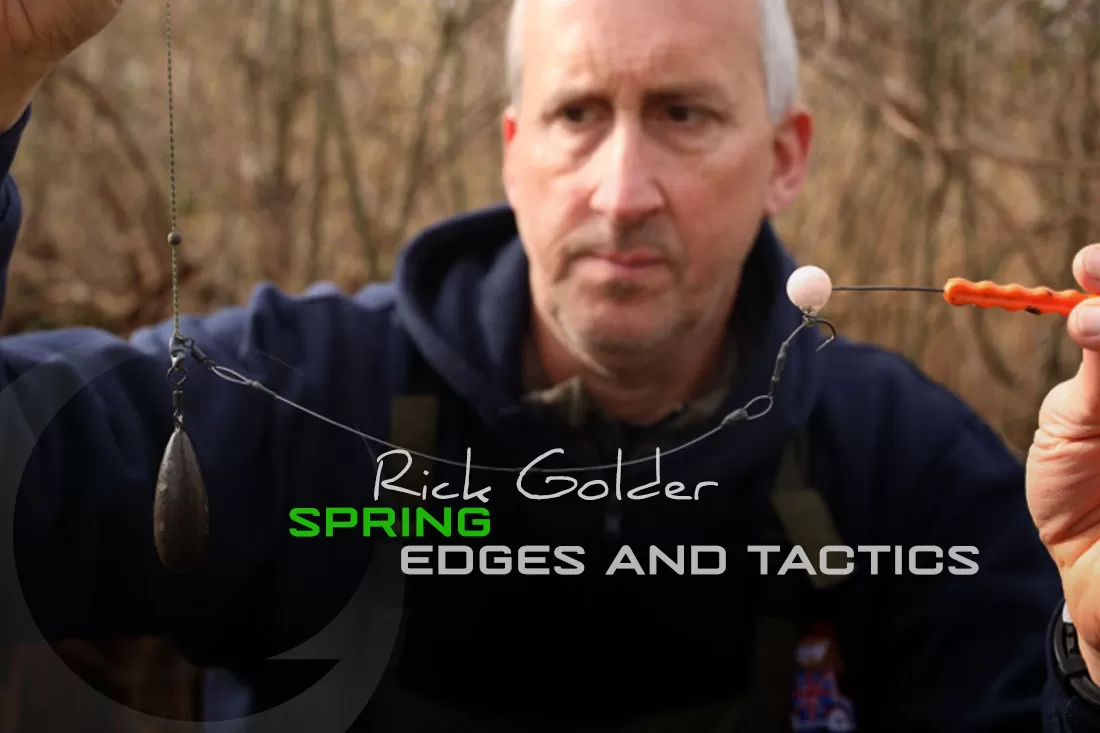
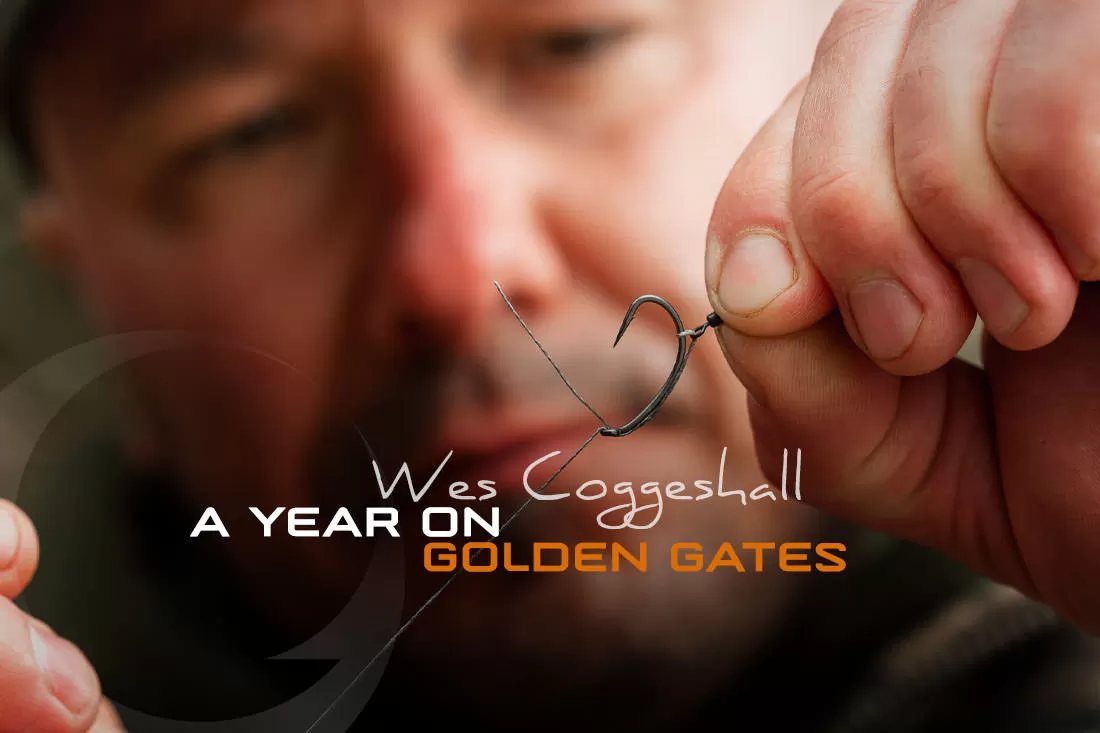
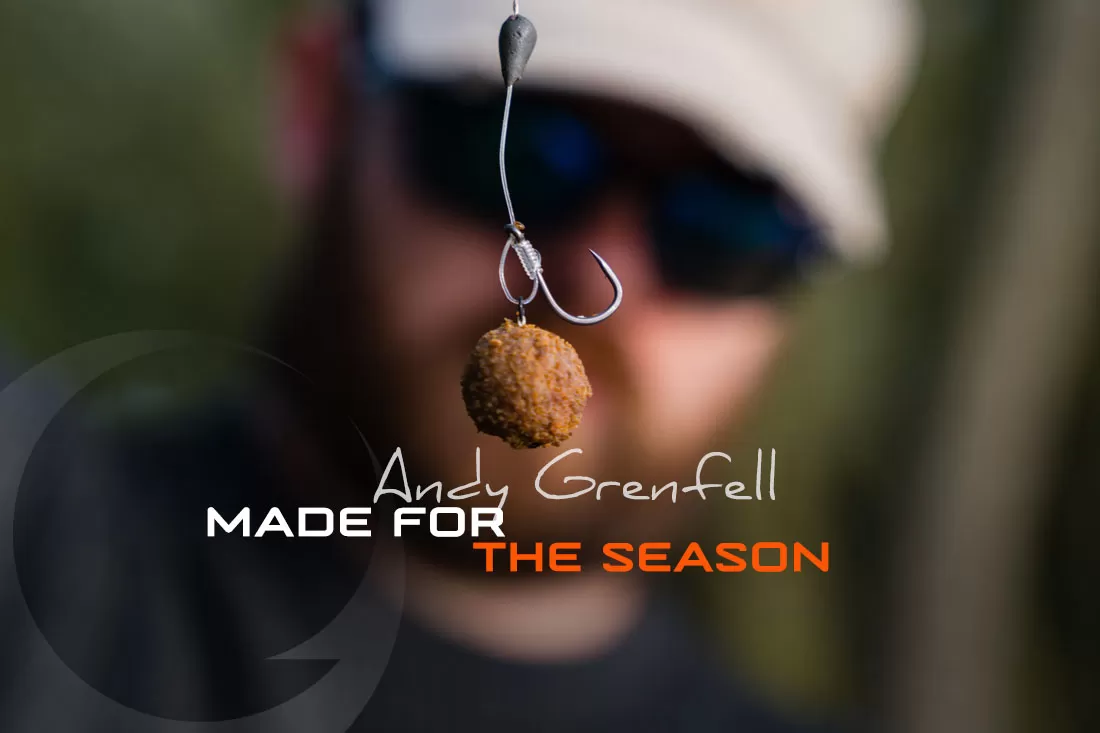
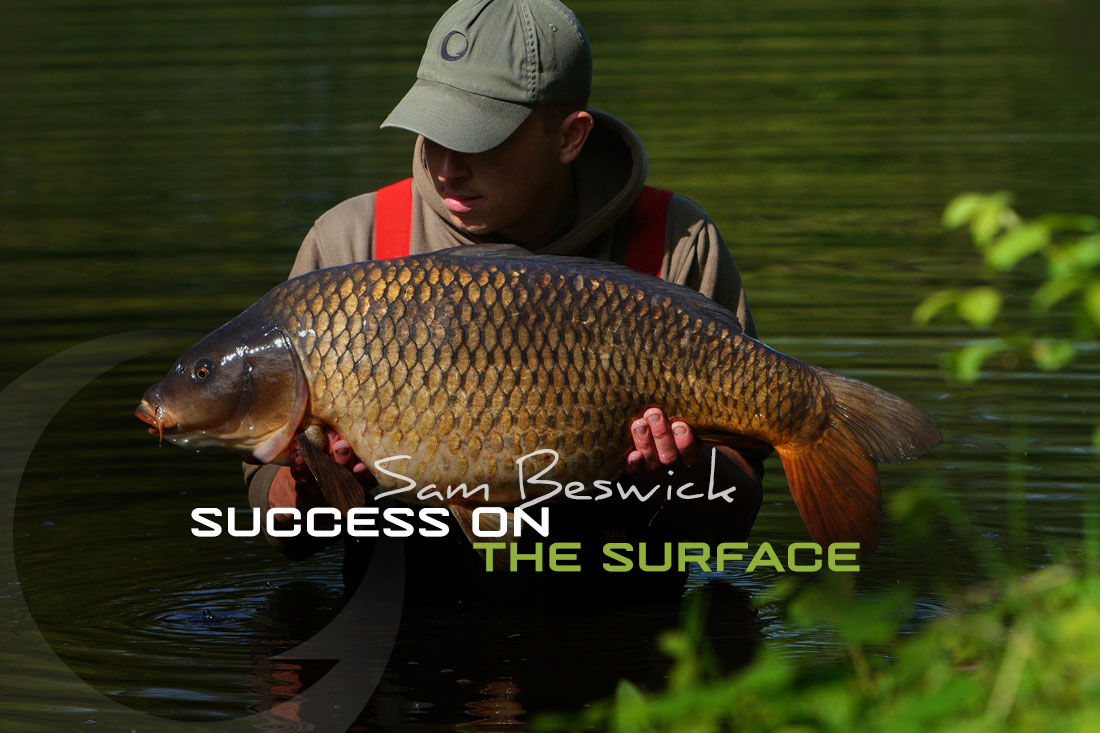

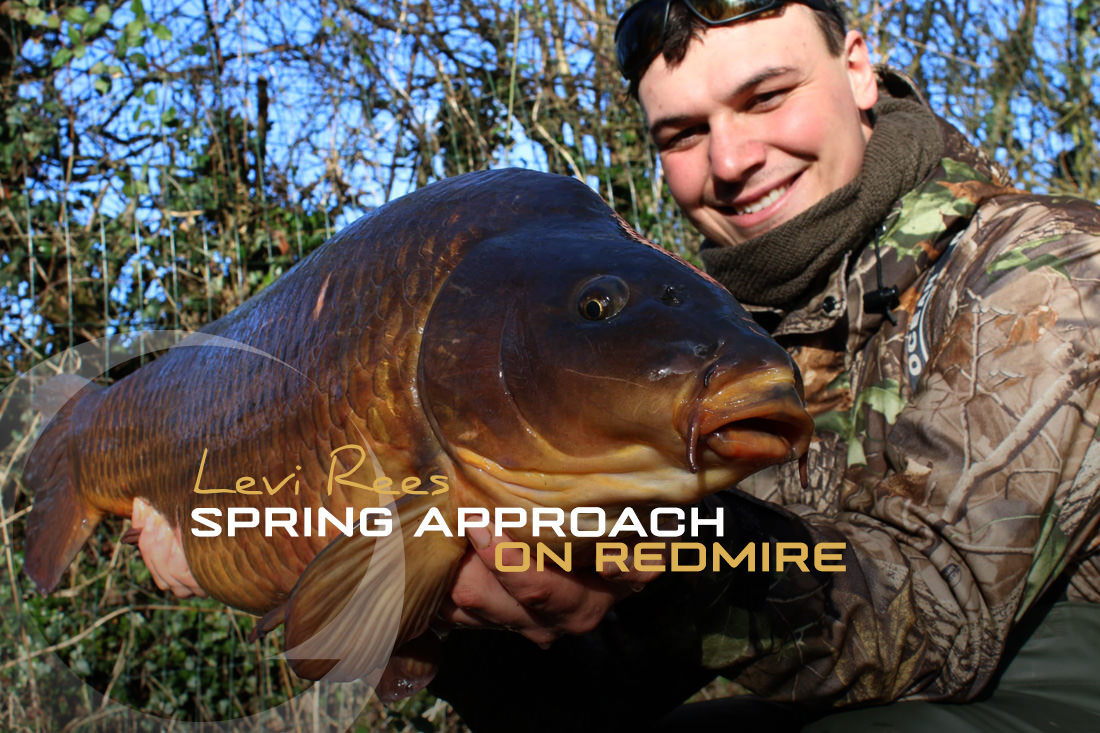
Leave A Comment